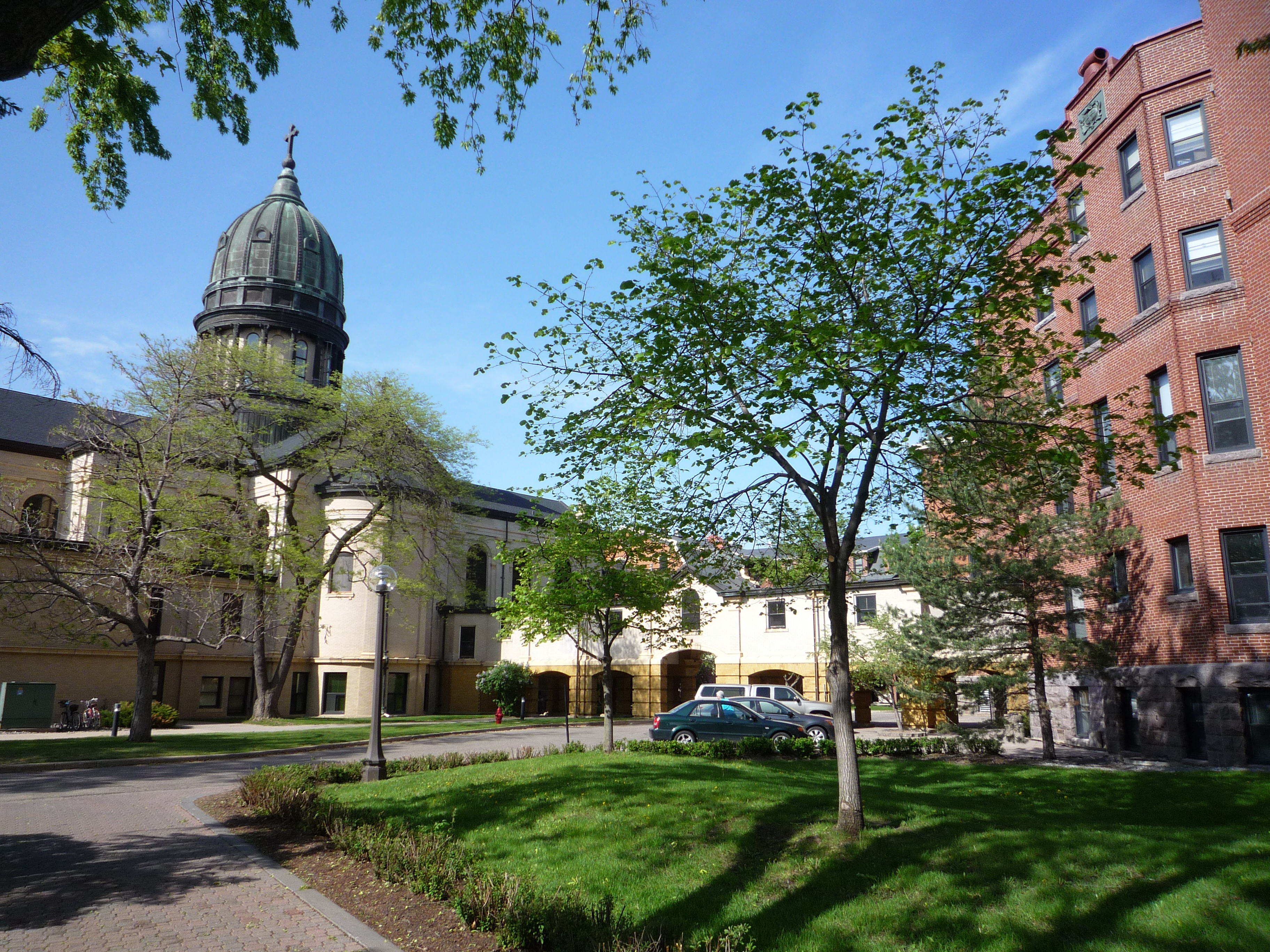|
St. Joseph, Minnesota
St. Joseph is a city in Stearns County, Minnesota, Stearns County, Minnesota, United States. The population was 6,534 at the 2010 United States Census, 2010 census and according to 2019 census estimates is now 7,351. It is home to the College of Saint Benedict and Saint John's University, College of Saint Benedict. St. Joseph is part of the St. Cloud, Minnesota, St. Cloud St. Cloud metropolitan area, Metropolitan Statistical Area. History Originally home to the native Ojibwe, Ojibwe, Winnebago, Sioux, and Dakota people, St. Joseph was laid out in 1855, and named after a local church. St. Joseph was incorporated in 1890. The unincorporated Florida community of St. Joseph, Pasco County, Florida, St. Joseph, Florida, was named after the Minnesota city. St. Joseph contains three properties listed on the National Register of Historic Places: the 1869 Church of St. Joseph (St. Joseph, Minnesota), Church of St. Joseph, the 1918 First State Bank (St. Joseph, Minnesota), First State Bank ... [...More Info...] [...Related Items...] OR: [Wikipedia] [Google] [Baidu] |
City
A city is a human settlement of notable size.Goodall, B. (1987) ''The Penguin Dictionary of Human Geography''. London: Penguin.Kuper, A. and Kuper, J., eds (1996) ''The Social Science Encyclopedia''. 2nd edition. London: Routledge. It can be defined as a permanent and densely settled place with administratively defined boundaries whose members work primarily on non-agricultural tasks. Cities generally have extensive systems for housing, transportation, sanitation, utilities, land use, production of goods, and communication. Their density facilitates interaction between people, government organisations and businesses, sometimes benefiting different parties in the process, such as improving efficiency of goods and service distribution. Historically, city-dwellers have been a small proportion of humanity overall, but following two centuries of unprecedented and rapid urbanization, more than half of the world population now lives in cities, which has had profound consequences for g ... [...More Info...] [...Related Items...] OR: [Wikipedia] [Google] [Baidu] |

